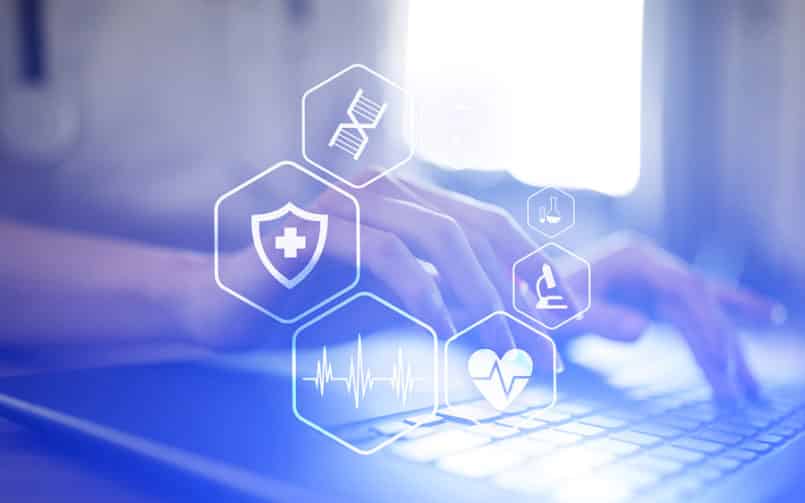These are the types of questions that rely on hard data in a court of law. If Charlie’s primary care physician misdiagnoses Charlie’s heart condition, and then refers him to a specialist who suggests a treatment based on the misdiagnoses, both might be liable for the resulting damages, but for different amounts. But could access to medical technology prove a difference maker?
Who Knew What When?
A key differentiating factor is information: what did the doctors know about Charlie’s condition? What could they reasonably be expected to know? The specialist might claim he was misled by the initial diagnosis and that, in the absence of access to better information, there was nothing he could do. But today, in the information age, when comprehensive data about patients can be accessed instantly, such an excuse might read very differently in a court of law. If the information is out there and available, then a physician who fails to examine it isn’t a victim of circumstance: he’s simply lazy.
This is just one example of how medical technology can radically alter the way we look at malpractice cases. Electronic records, now accessible even by smartphone, create an ease of access that makes ignorance inexcusable. But there are many other examples, and they are important to consider as technology continues to upgrade the healthcare industry.
Medical Technology and Distraction
For instance, consider this: should doctors even be able to use smartphones in the office? In many offices, smartphones are banned because of the distractions they cause. So, as doctors continue to adopt new technologies that utilize new technology, the risk of distraction increases, which could lead to additional mistakes.
The Washington Post reports on the disturbing trend of surgeons and anesthesiologists dawdling on social media in the operating room. In one case noted in the article, a woman in Texas died because her anesthesiologist spent his time texting and emailing instead of checking her oxygen levels.
And tech doesn’t just affect malpractice cases—these changes can even extend to day-to-day legal disputes a physician might encounter. An article published in the New England Journal of Medicine entitled “Medical Malpractice Liability in the Age of Electronic Health Records” lists just a few of these changes, including “potential liability under privacy and confidentiality laws, disputes over ownership of health data, and heightened vulnerability to Medicare or Medicaid fraud claims as a result of improved information on the match between services rendered and services billed.”
Are You Prepared?
The upshot is that physicians need to be sharp about new advances in medical technology. Additionally, it’s a good idea for physicians to make sure that their malpractice policies are sufficient to meet the needs of the fast-changing medical landscape.
If you’re unsure that your current malpractice coverage can meet the needs of the future, don’t wait to be surprised. Let eQuote connect you with an agent today.





